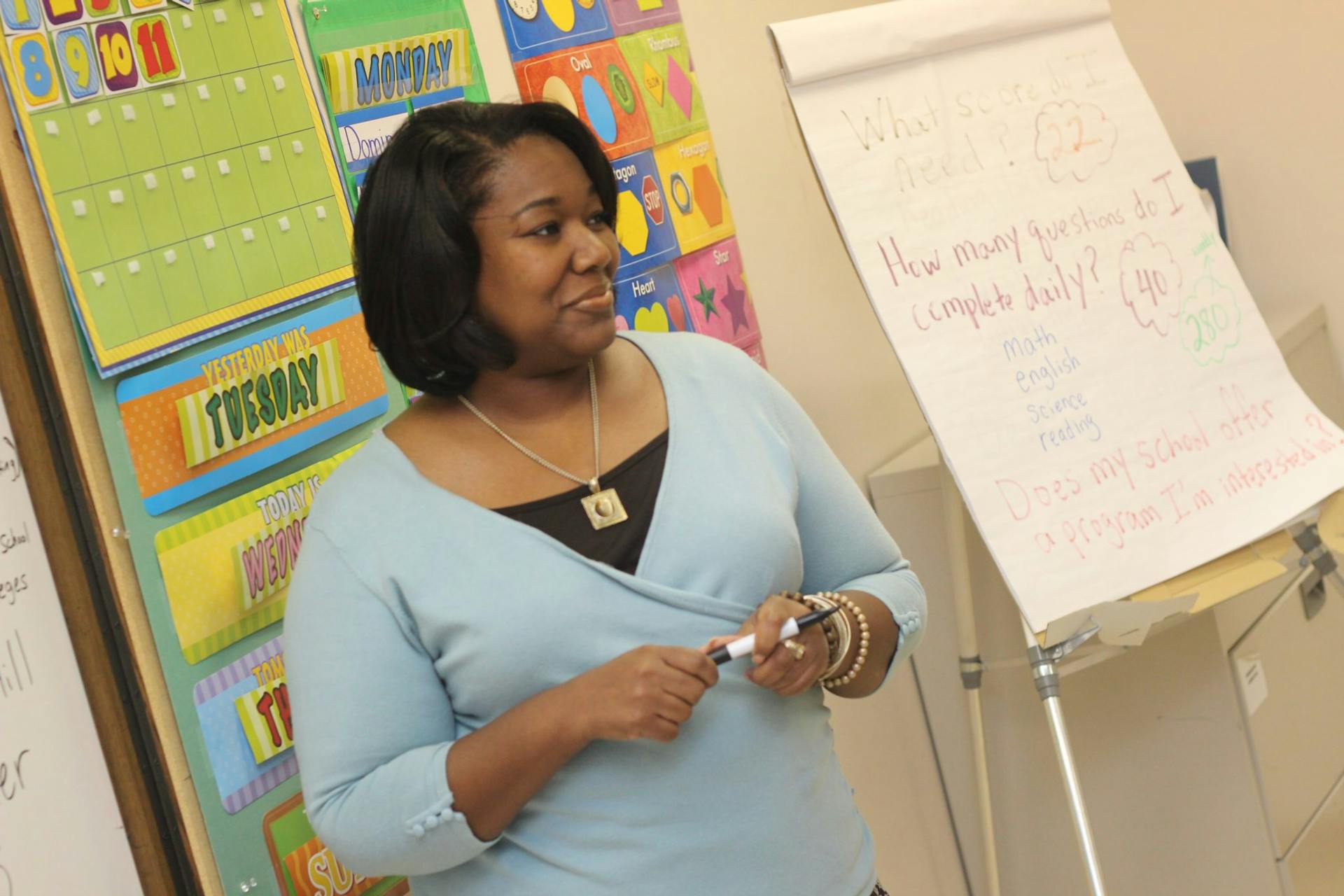
How to Become a Clinician: The Training and Education for Key Roles
Explore how to become a Speech-Language Pathologist, Physical Therapist, or Board-Certified Behavior Analyst.
Since 1978, Nyman Associates has provided staffing services in the allied health professions. Because of this, we are uniquely positioned to offer insight on how to become a clinician in these areas. If you want to know how to become a Speech-Language Pathologist, Physical Therapist, or Board-Certified Behavior Analyst, read on for a general overview of the requirements.
How to Become a Speech-Language Pathologist
Being a Speech-Language Pathologist (SLP) can be very rewarding as you help individuals of all ages improve their quality of life by addressing their speech and communication challenges. Here are some career pathway tips for how to become a clinician in this field:
Step 1: Earn a Bachelor’s Degree
A Bachelor’s degree is the first step. Courses you might consider include:
- Linguistics
- Psychology
- Language development
- Anatomy
Step 2: Obtain a Master’s Degree in Speech-Language Pathology
A Master’s degree in Speech-Language Pathology is essential. These programs involve both coursework and clinical experience with speech, language, and swallowing disorders and audiology/audiometry.
Step 3: Complete a Clinical Fellowship
A Clinical Fellowship is where you get hands-on experience learning how to become a clinician under the mentorship of an experienced SLP.
Step 4: Get Certified
The American Speech-Language-Hearing Association (ASHA) offers the Certificate of Clinical Competence in Speech-Language Pathology (CCC-SLP) credential. It requires applicants to have a graduate degree, complete the fellowship, and pass an examination.
Step 5: Obtain a State License
Congratulations! You’ve reached the final step in how to become a Speech-Language Pathologist! Licensing requirements vary, so check the regulations for the state where you intend to practice.

How to Become a Physical Therapist
Becoming a physical therapist requires dedication, passion, and several years of rigorous study. Here is some guidance for how to become a clinician in this rewarding profession.
Step 1: Obtain a Bachelor’s Degree
- Most physical therapy programs require applicants to have a bachelor’s degree.
- A degree in a biology-related subject or exercise science provides a good foundation.
- Take chemistry, physics, psychology, biology, statistics, and anatomy courses.
Step 2: Gain Experience
Many graduate-level physical therapy programs recommend that applicants have some experience in the field. This could include working as an assistant to a physical therapist, an athletic trainer, or providing physical education.
Step 3: Obtain an Advanced Degree in Physical Therapy
You must graduate from a Doctor of Physical Therapy (DPT) program accredited by the Commission on Accreditation in Physical Therapy Education (CAPTE). Upon completing your program, you must pass the Physical Therapist board exams.
Step 4: Get Licensed
Congratulations! You’ve reached the last step in how to become a Physical Therapist! Licensing requirements vary, so investigate the regulations of the state where you want to work.

How to Become a Board-Certified Behavior Analyst
As a Board-Certified Behavior Analyst (BCBA), you specialize in understanding and modifying human behaviors. As there are many pathways to this profession, we’re offering a general overview of how to become a clinician in this field.
- Obtain a Bachelor’s and Master’s Degree
The first step is obtaining a bachelor’s degree in a field such as psychology or education. To sit for the BCBA exam, you must also hold a master’s degree or a doctoral degree in psychology and complete courses required by the Behavior Analyst Certification Board (BACB).
- Complete Supervised Independent Fieldwork
Supervised independent fieldwork hours under the supervision of a BCBA are mandatory.
- Pass the BCBA Exam
After completing the fieldwork, you can take the BCBA exam.
- Apply for Certification
Congratulations! You’ve reached the final step in how to become a Board-Certified Behavior Analyst! After completing the BCBA exam, you can apply for certification.
How to Become a Clinician with Nyman Associates
Located in Southeastern Pennsylvania, Nyman Associates has nearly fifty years of experience with Speech-Language Pathologists, School Psychologists / Counselors, Physical Therapists, and Board-Certified Behavior Analysts. All available positions are for direct employment and are not contractor positions. Fill out our contact form, and we will help you find a position that values your education and professional experience.
